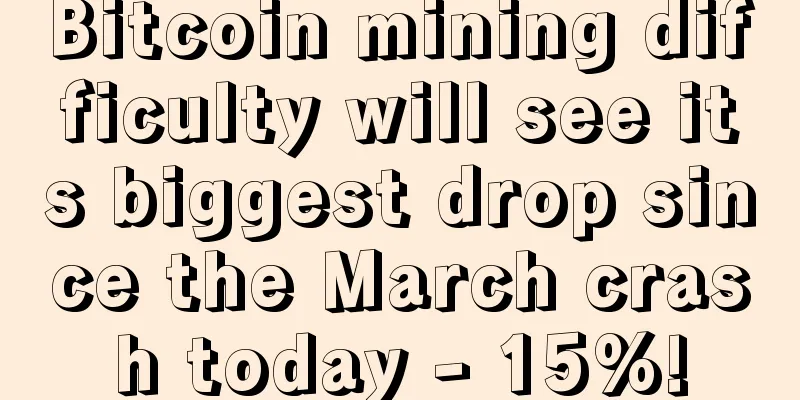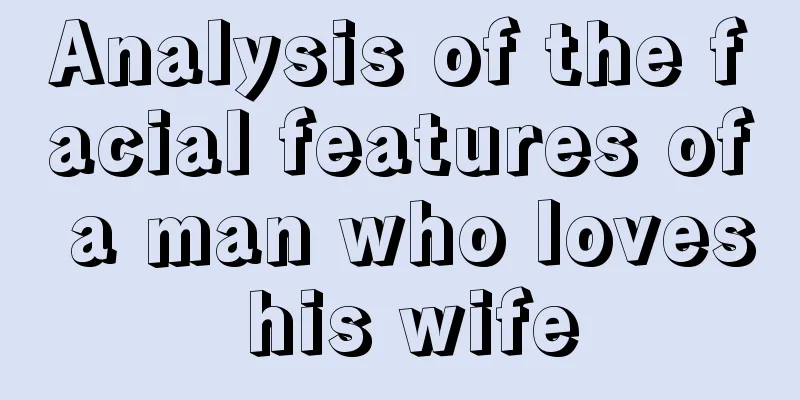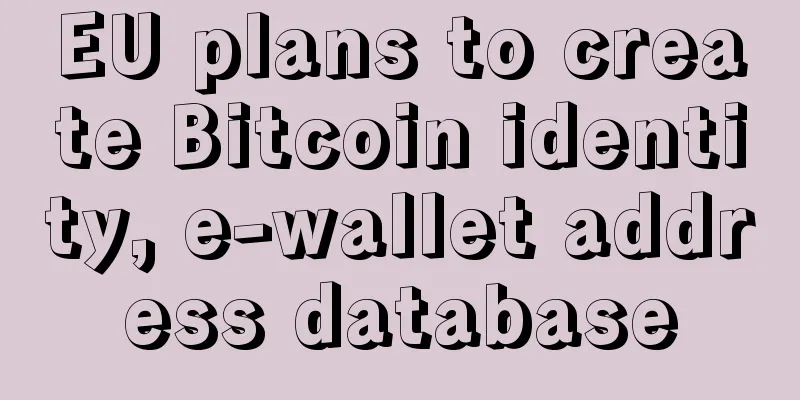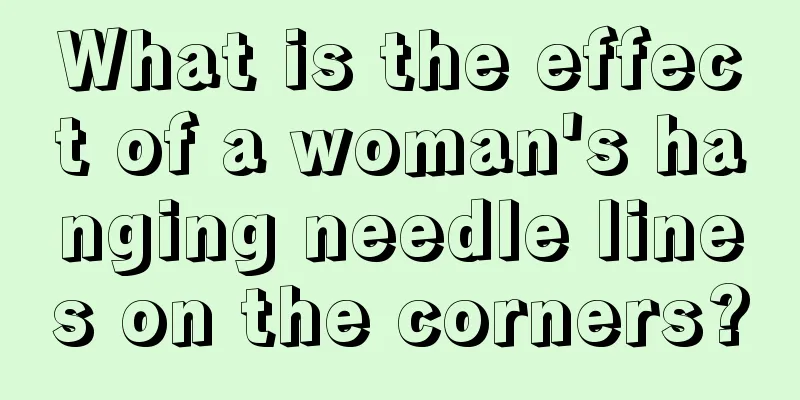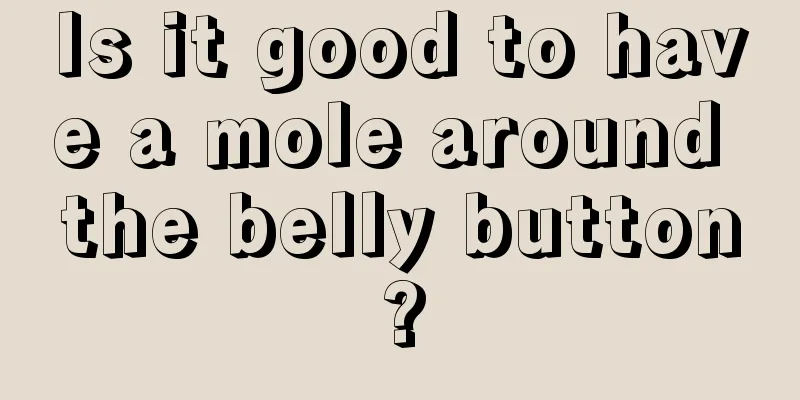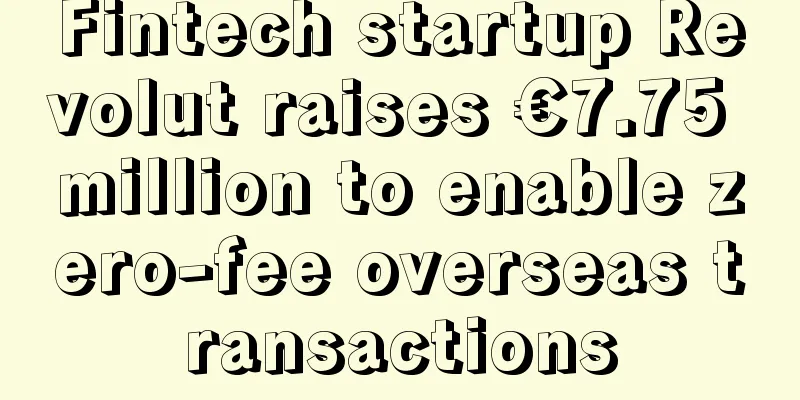Lawyer's view: Florida's ruling that 'Bitcoin is not money' may have limited impact
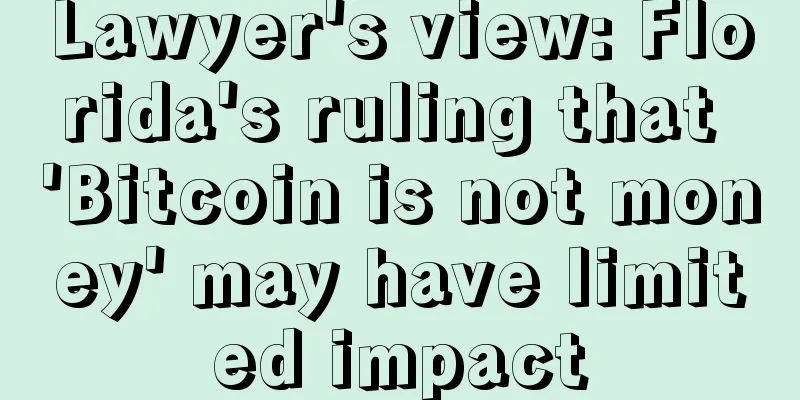
|
Author Stephen D Palley is a lawyer in Washington, DC, with a focus on engineering, insurance, and software development, including blockchain and smart contract design. In the article, Palley pointed out that the recent case in which a Florida judge ruled that Bitcoin is not "money" may not be of much reference value. A Miami, Florida, court recently dismissed charges against a bitcoin seller in a case that some have described as an important precedent for future similar cases, particularly over the question of whether bitcoin is “currency” or “money.” Bitcoin industry advocates will also cite the case as they argue for legislative changes and greater regulatory clarity. As a legal precedent, however, the Espinosa case may have limited value: It was a single decision by a Florida state court judge regarding a particular state statute. Note that this is not a decision from the court mentioned above. It is not a binding “precedent” in any other state or federal court, and the opinion is half about proving criminal intent and very little about Bitcoin. Finally, the Court’s analysis of whether Bitcoin constitutes “money” or “currency” differs from the approach other courts have taken, and it is uncertain whether it applies in other contexts. About AnalysisAs to whether this case is a precedent, let’s first understand how the court reached its conclusion. The undercover detective alleged that Espinosa sold him the bitcoins for U.S. dollars, which constituted the unlicensed conduct of a "money transmitter" business. The court rejected these allegations, stating:
The first two analyses are relatively standard statutory analyses (“the law says this,” “the alleged behavior is this,” “therefore, the law does not apply in this case.”) But the third point is more complicated. The court reasoned that to be a "money transmission business," fees must be involved. The defendant made a profit by selling Bitcoin, and the court held that the "profit" from cryptocurrency was not a fee. According to the court's ruling, payments must be made in legal currency to qualify as fees. In support of this conclusion, the court noted that “Bitcoin has a long way to go before it can become money.” This last point is not accepted by all courts, and is a surprising conclusion. (See SEC v. Shavers, where the court held that Bitcoin “is a currency or a form of money” .) About the allegationsThe court also dismissed the money laundering count, finding that the defendant did not have criminal intent as required by applicable Florida law. An undercover agent told the defendant that the bitcoin he purchased would be used for illegal purposes, but the court said that was not enough to satisfy Florida's money laundering statute. The court said anything could be used to launder money, including Bitcoin, but detectives did not have enough evidence to prove the defendants had criminal intent. If the circumstances were slightly different (or a different judge was conducting the trial), then there would likely be a different outcome. It is not clear whether this is a precedent.In this regard, Espinosa’s case is also relevant to the court’s decision in the Silk Road case, which held that Bitcoin was involved but was not the issue in itself, only how it was used. The court simply found that Espinosa had done nothing wrong. Will Mr. Espinosa’s case prove important in the future? It’s too early to tell, but for now it’s a good example of the adaptability of the law and the power of judges and lawyers to shape it. |
>>: Digital currency exchange BTC-e issued an official statement, pointing out that ETC is a scam
Recommend
1. There is only one marriage line
Palmistry to interpret whether a woman is happy a...
Finger fortune telling: pinky finger and destiny prediction
The little finger controls a person's wit and...
Will Bitcoin halving bring about an increase? Let’s see what the industry says
Every four years, the block reward that Bitcoin m...
The face of a money-worshiping woman
You know what kind of women only like rich men? S...
Creative tattoos show whether you have creative talent
Creative tattoos show whether you have creative t...
Six health problems your mouth can tell you
Six health problems your mouth can tell you ◎Crac...
Are women with thick lips good for their husbands? What does a woman with thick lips mean?
The woman with thick lips is thoughtful and consi...
What does it mean if a mole on a woman's face harms her husband?
The meaning of moles is extraordinary. Behind eac...
Do you know what kind of face makes a woman blessed?
Everyone hopes to be a blessed person, but in fac...
Fuxi bone picture Fuxi bone people's face
Pictures of Fuxi bone and facial features of peop...
Blockchain is entering the era of “derivatives”
In the past, when we talked about blockchain, we ...
Moles that indicate a good marriage
Moles that indicate a good marriage Mole on the t...
How does demand drive affect crypto asset valuation? Re-examining BTC, ETH, and TRON
Earlier this year, crypto KOL polynya listed vari...
What kind of items should people with the "川" palms put in their cars?
As people's quality of life improves, more an...
Men with small nose wings have stable wealth.
The nose wings are the parts around the nose, on ...



